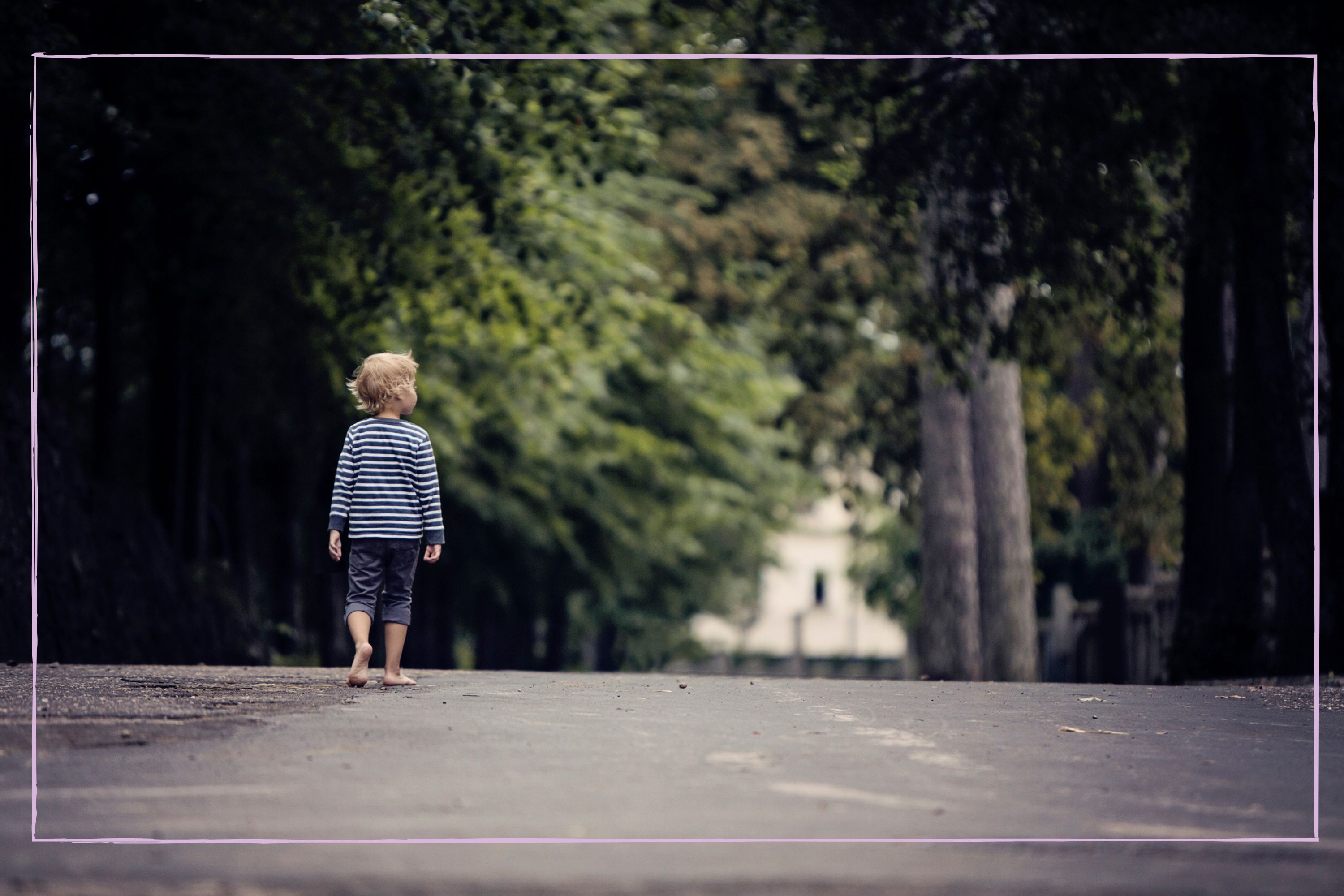
Psychologists have identified 13 traits experienced by adults who were lonely as children. But it's not all bad news - while they seem quite negative, the traits can be turned around and lonely kids can make healthy, resilient adults.
Parental loneliness is soaring, and it's definitely a part of being a parent that should be spoken about more freely. Similarly, those raising neurodiverse children experience a different kind of isolation, expressing how caring for a child on the spectrum can be lonely. It's also been found that visiting a grandparent just once a month can help them live longer, implying that overall, the negative aspects of loneliness at all stages can have harmful consequences. But what about loneliness in children?
General loneliness in childhood can have many benefits. Left alone, children can have the space to consider their own ideas and hopes, getting to know themselves better. Furthermore, being playful and silly without worrying about peer pressure and the reactions of others, can be a freeing experience. Being alone without it feeling oppressive can be a lifelong skill - learning to be single or not feel the need to be constantly surrounded by friends, can mean a life lived without needing anyone's validation but your own.
Of course, forced childhood isolation is another matter, potentially resulting in dissatisfaction and depression. Speaking to Parade, psychologist Dr. Ray W. Christner elaborated on the unintentional causes of childhood loneliness. He says "A child could have difficulty making or maintaining friends, either due to shyness, anxiety or a lack of general social skills. If they perceive themselves as different because of their interests, feelings or abilities, it can also make it harder to form friendships and create a social network."
Dr. Christner adds "Additionally, being bullied or excluded by peers can lead to feelings of loneliness,” he says. “Finally, physical, mental health and neurodevelopmental differences can also result in a child feeling isolated from their peers." Psychologists have now identified 13 traits typically demonstrated in adulthood, by those who experienced lonely childhoods.
13 traits experienced by adults who were lonely as children
- Social anxiety - this might present as fear of social judgment or rejection, meaning social interactions become stressful.
- Negativity - children experiencing loneliness as a result of bullying or being left out of social groups, view others as unreliable and can deliberately avoid making connections.
- Difficulty trusting others - similar to the negative belief that they don't need positive connections, lonely children can grow up to believe that nobody is trustworthy.
- Extreme independence - this definitely isn't always a bad thing. Independence can be an excellent quality that parents hope to nurture in their children. However, lonely children can pursue independence excessively in adulthood.
- Depression - feelings associated with childhood loneliness can be carried into adulthood, manifesting as sadness and depression.
- Poor self-esteem - as adults, lonely children can feel imposter syndrome when they achieve highly, undeserving of true love or support, and have a generally critical self-perception.
- Hyperfocus on appearance - some equate loneliness with perceived lack of attractiveness, resulting in extreme focus on their appearance.
- Attachment issues - lonely children can be prone to adopting insecure or avoidant attachment styles. They can either cling unhealthily to relationships or avoid closeness altogether.
- Payback behaviour - a form of retaliation to what happened to them, adults lonely as kids can sometimes ghost those attempting to get close to them.
- Sensitivity to negative social cues - this involves being more likely to notice and react strongly to perceived rejections or negative social interactions.
- Extreme extroversion - lonely kids can overcompensate as adults, developing an unhealthy obsession with forming a tight friendship group.
- Difficulty expressing emotions - lonely kids might grow up and struggle with identifying their own emotions, and lack ability to communicate their feelings to others.
- Preference for solitude - again, feeling comfortable in solitude doesn't have to be a bad thing, but lonely kids might grow up to deliberately isolate themselves from potential social support.
Focus shouldn't only be on the negative traits lonely children can develop, as they certainly have the skills to turn them on their heads and into positives. These children can adopt a healthy sense of independence and resilience, resulting in stronger coping skills as an adult. They can also demonstrate an innate sense of creativity, using time alone to develop their imagination for comfort and expression.
Anyone who feels loneliness as a child continues to affect them negatively into adulthood, should try and find professional help. Dr. Christner concludes "This could include seeking professional help, as psychotherapy can offer strategies for managing social anxiety, building self-esteem and developing healthier relationship patterns. Programmes or therapy focusing on social skills can also help individuals learn and practice interaction strategies."
For more on the lived experiences of kids, we delve headlong into how to raise happy kids, how to raise resilient kids, and how to raise confident kids - our expert-backed guides will arm you with everything you need to nurture these important qualities.







